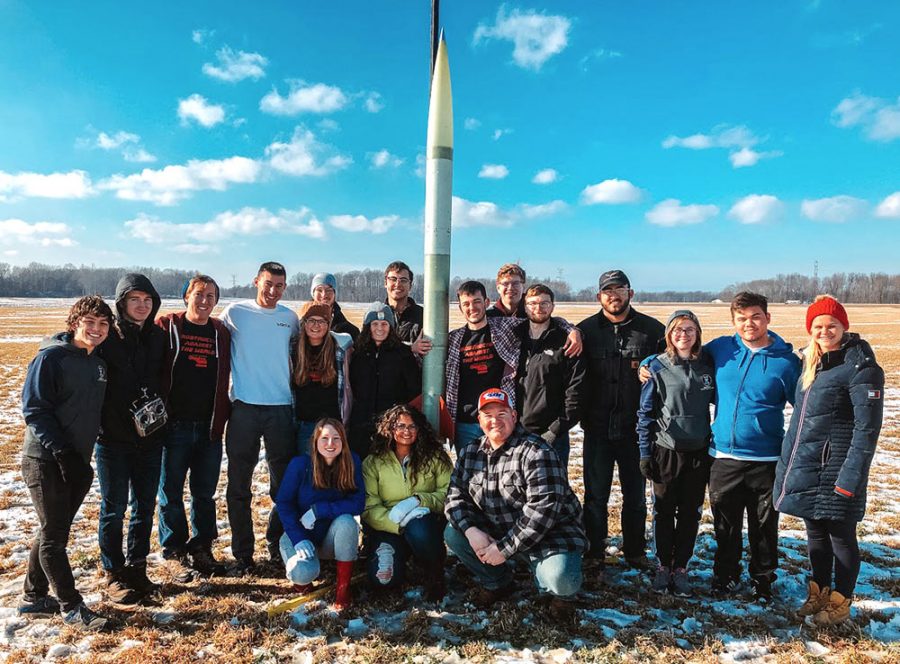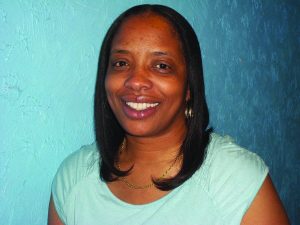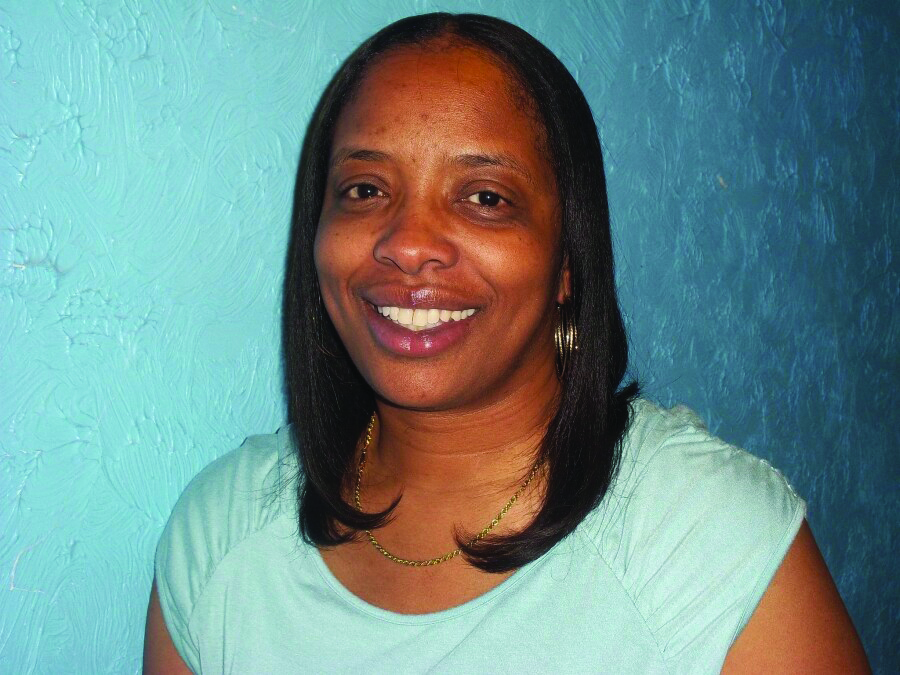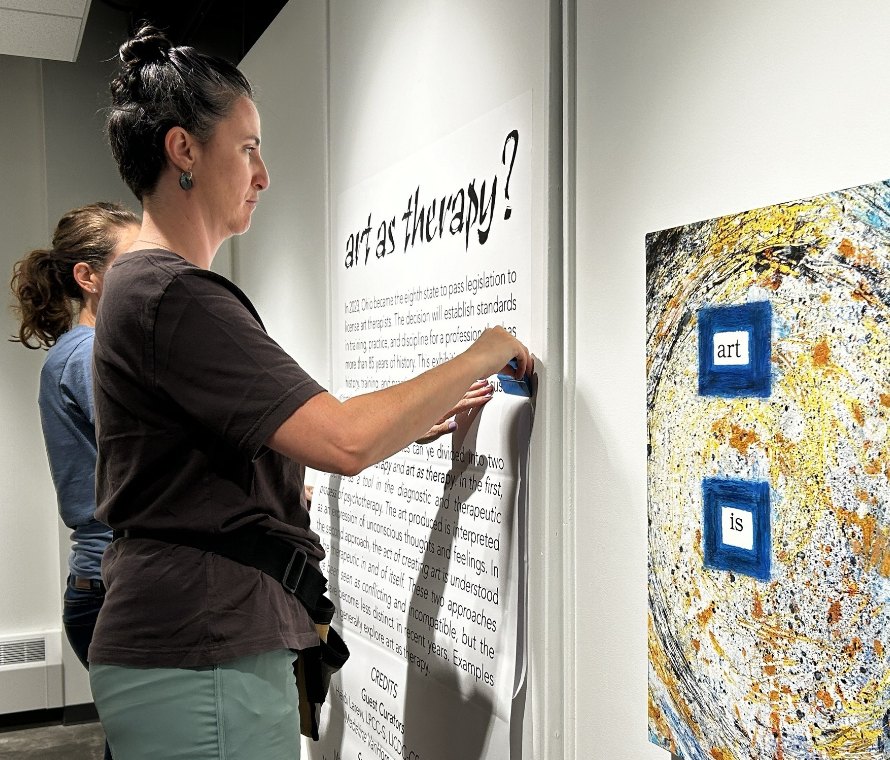UA Student Rocket-Design Team Places Fourth in Annual NASA Competition
The University of Akron’s Akronauts worked for eight months on their rocket for the 2020 NASA Student Launch Competition.
(Image via The University of Akron)
The Akronauts and their rocket in Amherst, Ohio, in February for the vehicle test launch and payload demonstration for the 2020 NASA Student Launch Competition.
September 21, 2020
The Akronauts, the student rocket-design team at The University of Akron, received fourth place overall in the 2020 NASA Student Launch Competition out of 54 total teams who participated this year.
According to a UA press release, the Akronauts spent eight months building their rocket from start to finish. However, this year’s competition was different for the team as they left the rocket unnamed.
“Instead, the project itself was named Project 22 in an effort to raise awareness and honor the approximately 22 military veterans who die by suicide every day,” the press release said. “Team member and project manager, Jon Davis, served as an aircraft electrician in the U.S. Army from 2012-2018 and headed this initiative.”
The winners were announced virtually by NASA in late July after the competition was moved to a condensed virtual format. The annual launch finale event at the Marshall Space Flight Center in Huntsville, Ala., was cancelled due to the COVID-19 pandemic.
With the condensed competition, the team had to submit a proposal, preliminary design review and 200-page reports on “testing of all components and systems; final flight review and report; full-scale launch vehicle test flight, payload deployment and demonstration results,” the press release said.
Even with the pandemic impacting team members ability to meet and work on the rocket, the Akronauts were still able to put in a large amount of effort, time and commitment to the competition, Emily Armbrust, a fourth-year aerospace systems engineering major, said.
“Due to COVID-19, NASA truncated the competition, so we didn’t have to meet and do more work for the project at the onset of the pandemic,” said Emily Armbrust, a fourth-year aerospace systems engineering major. “The condensed competition didn’t limit anyone’s participation in the project. But it was unfortunate to not have the competition travel experience for new freshmen and graduating seniors.”
Nonetheless, the Akronauts were still able to complete all of NASA’s requirements for the rocket, which included the rocket’s ability to navigate to a specified sample site, retrieve a simulated sample of planetary ice and move at least 10 feet with the sample stored safely aboard the rocket.
Founded in 2014, the Akronauts have grown to include 60 members, five officers and 12 system leads.
“The team has come so far in the past six years, from barely being able to fly at competition to earning third place in 2019 and fourth place this year,” said Armbrust. “We have become a family going through the engineering college experience together, sharing knowledge and experiences to help each other succeed.”












